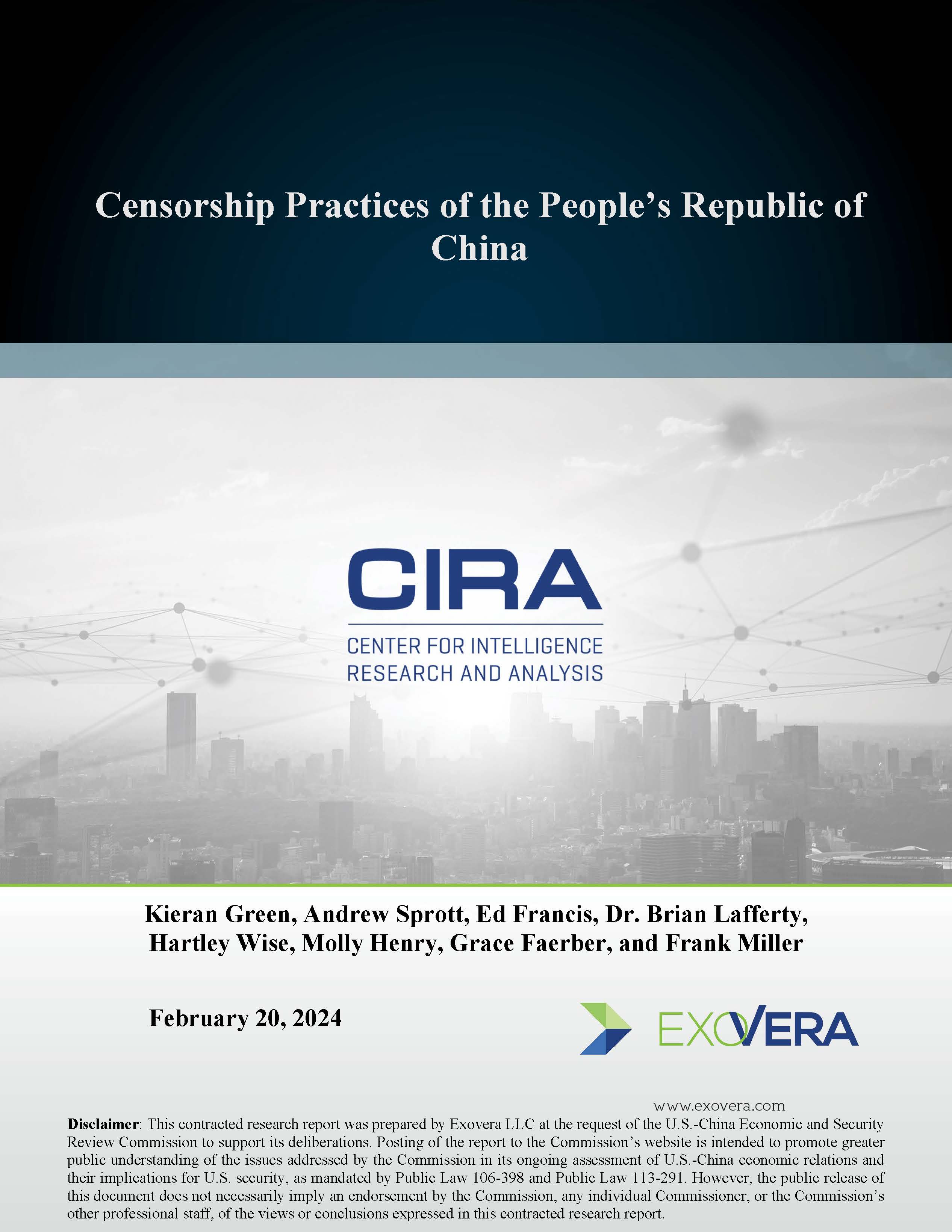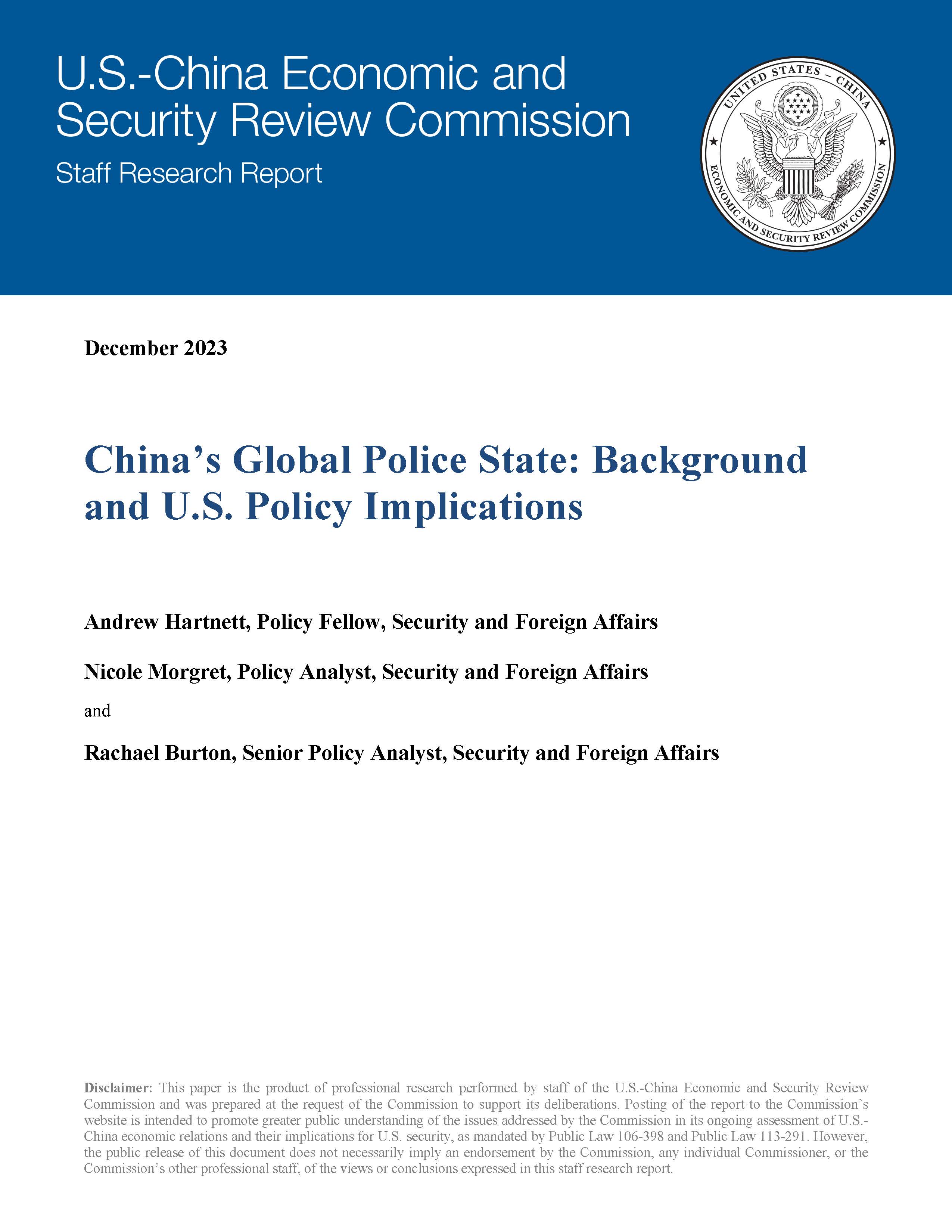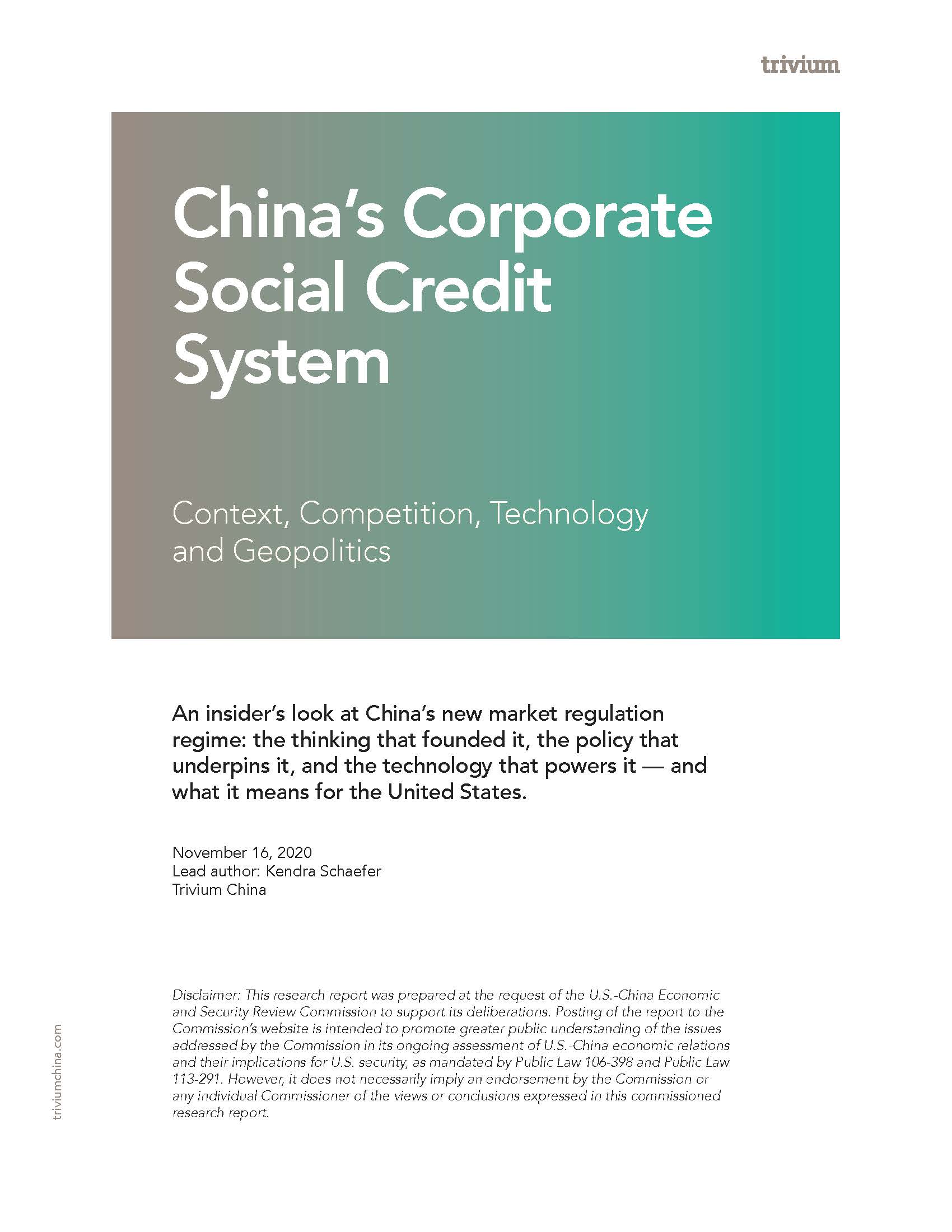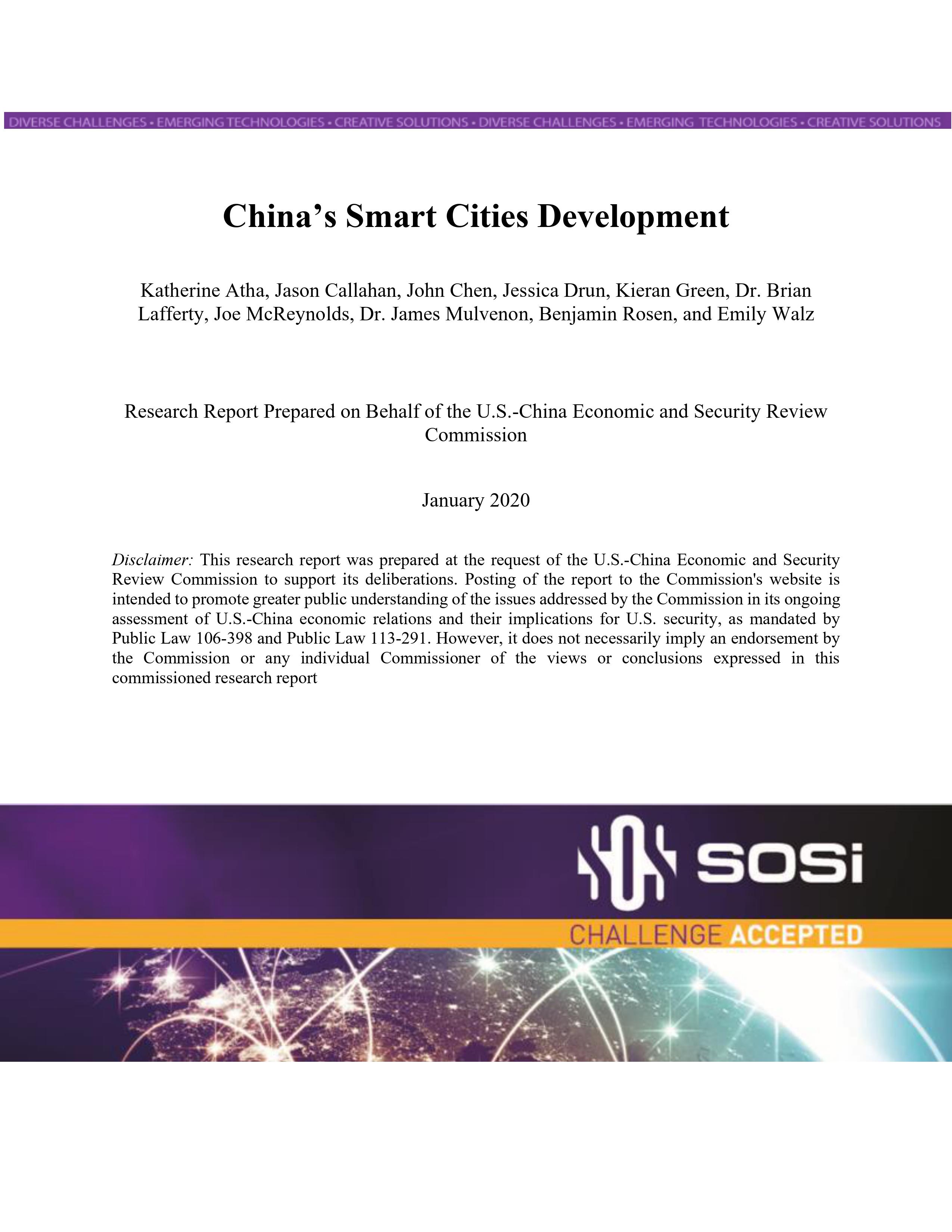×
Filter Results
Filter Results

Issue Brief
The report details publicly available information about the United States’ policies on foreign missions, designated Chinese entities, and China’s response to these requirements.

Contracted Research
This report, prepared for the Commission by Exovera’s Center for Intelligence Research and Analysis (CIRA), examines the elaborate and pervasive censorship apparatus used by the People’s Republic of China (PRC) and the Chinese Communist Party (CCP) to maintain the Party's monopoly on political legitimacy, shape the behavior of China’s citizenry, and control information beyond its borders.

Staff Paper
This staff research report details China’s evolving and expanding transnational repression “toolkit.” This toolkit includes “overseas police stations,” intelligence operations targeting Beijing’s critics in foreign countries, efforts to undermine free speech at universities, online harassment, coercion-by-proxy, and abuse of the INTERPOL red notice system, as well as extradition treaties.

Research
Chinese regulators are implementing and enforcing more data-related laws and regulations, which stand to have a significant effect on organizations handling any data within China’s borders.

Contracted Research
China’s ambitious Corporate Social Credit System (CSCS) comprises a nation-wide data-gathering effort intended to regulate corporate behavior. This report describes the policy background, present function, and ultimate vision for this system as identified by the Chinese Communist Party (CCP).

Contracted Research
China has become a leader in developing and exporting its smart cities technologies like networked cameras, sensors, and location services—and the rest of the Internet of Things—to collect a wide variety of data in order to control things like traffic, energy usage, and crime, and to augment
Research
China’s strict regulation of entertainment imports, including foreign films, violates the country’s World Trade Organization (WTO) commitments, as determined in a 2007 WTO decision calling for China to open its film market to foreign films. After years of noncompliance and inaction, China partially opened its film market in 2012 following a deal with the United States. The deal allowed for the import of 34 films each year—up from the previous limit of 20 films—in exchange for a temporary suspension of further U.S. WTO actions against China’s film importation policies. During Chinese President Xi Jinping’s September 2015 visit to the United States, the Motion Picture Association of America and China Film Group reached two new film agreements, which could increase market access for foreign films in China. Based on recent history, however, promises that China will further open its film market should be viewed skeptically.
Chinese box office sales have increased alongside China’s standard of living, resulting in China surpassing Japan as the world’s second largest film market (behind the United States) in 2012. If global film market growth rates remain consistent over the next few years, many experts expect China to surpass the United States as the largest film market in the world as early as 2018. Hollywood relies on China’s film market for revenue, but the process to get films into China is arduous due to strict and opaque regulation of film imports. China’s regulations and processes for approving foreign films reflect the Chinese Communist Party’s position that art, including film, is a method of social control. As a result of these regulations, Hollywood filmmakers are required to cut out any scenes, dialogue, and themes that may be perceived as a slight to the Chinese government. With an eye toward distribution in China, American filmmakers increasingly edit films in anticipation of Chinese censors’ many potential sensitivities.

Research
Chinese businesses participating in the U.S. financial services sector can effectively operate behind a firewall that keeps them largely immune from the jurisdiction of U.S. courts and regulatory agencies, leaving U.S. partners, competitors, and investors vulnerable. Greater legal protections for U.S. entities, including requiring Chinese firms in the United States to assign a domestic agent to receive legal papers such as subpoenas and court notifications, are a possible solution to this dilemma of jurisdiction.

Research
Written by USCC Research Coordinator John Dotson

Research
Written by USCC Research Coordinator John Dotson
